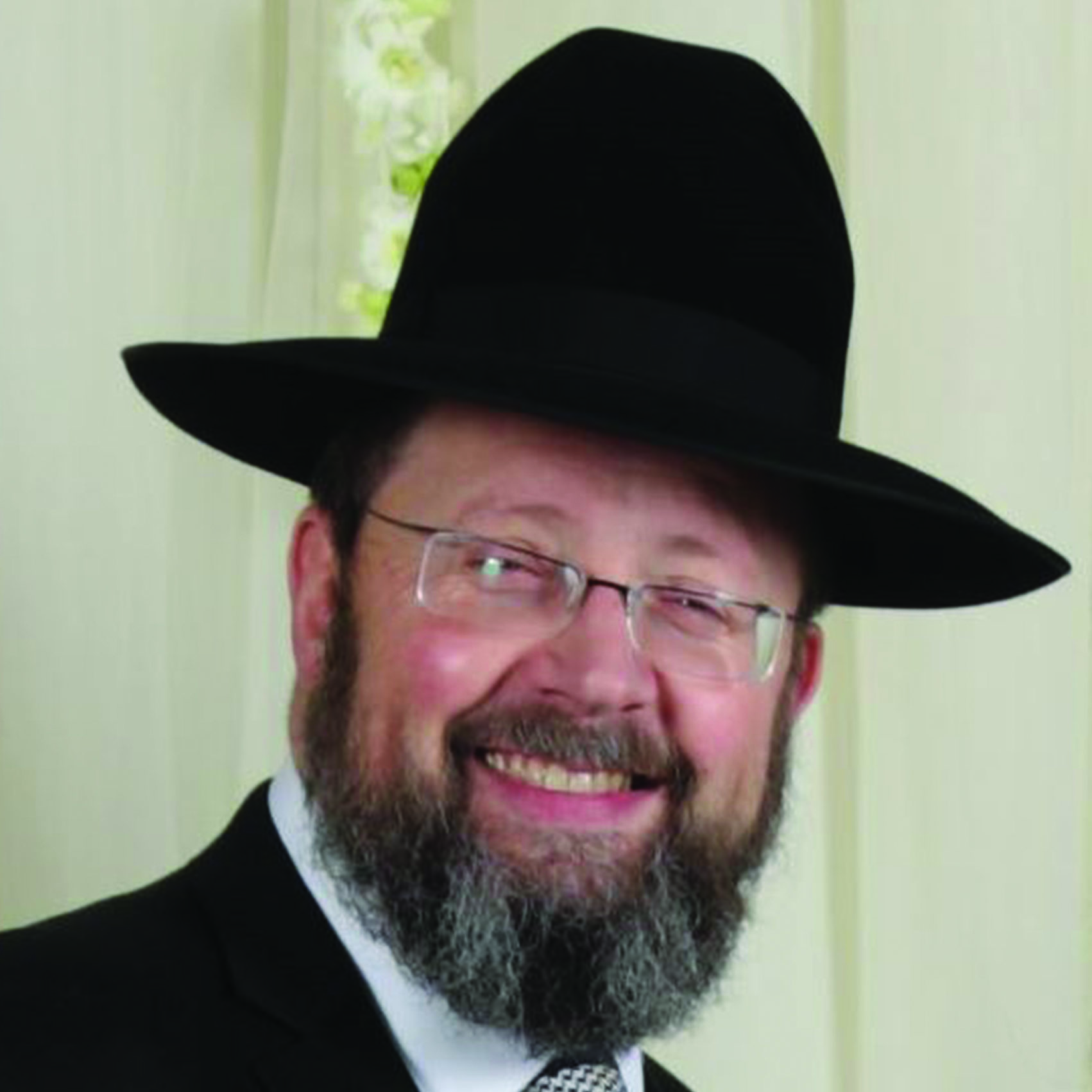Living the High Life

Do you look forward to the Yamim Noraim? For young people, Purim is the hands-down favorite time of the year. When we grow older, perhaps that time is Pesach. Yet for a good number of us grown-ups, the favorite time of the year is the Yamim Noraim.
Isn’t that odd? Shouldn’t we dread this time? After all, we have to wake up early for Selichos, spend endless hours in shul, examine our deeds, feel guilty for our sins (or for not feeling guilty about them), and then, finally, fast for 25 hours. Of course, we embrace the opportunity to achieve a kapparah, throw out the bad stuff, and declare a Grand Reopening of our lives. And some of us enjoy the singing. But is that all? Is that why we look forward to these days?
Perhaps there is something more fundamental driving our anticipation of the Yamim Noraim.
Several years ago I took my family on a vacation to the Finger Lakes region. My children all enjoy speed-boating, which I personally don’t get. To me it seems like nothing more than driving a vehicle without brakes. Why is that a good thing? Of course, we ended up renting a speedboat, and k’darkeinu, we were the last boat out. The kids had a blast; I did not (which only increased their enjoyment). We then returned the boat, the last boat in.
The lone hillbilly who was left manning the boat stand processed the deal, said goodbye, and locked up. The family needed the facilities, and in this one-pony town, everything was closed besides the local tavern. Seeing no other option, I led the troops inside. The scene was stark, but, I imagine, typical.
The bar was dimly lit, with five or six people sitting on stools nursing their drinks, and a lonely TV flickering in the corner with no one watching. There was barely any conversation. The overall feel was of nothingness. Emptiness. Tohu vavohu.
When we left, I told the kids that I suspect this scene is not the exception, but the rule, certainly for Middle America. I imagine that for our average countrymen, once they get home, there is nothing much going on.
Contrast that with this:
When I was younger, I was intrigued by a certain massive talmid chacham whose writings on some masechtos are nothing short of breathtaking, and are used in batei medrash worldwide. The scope of the man’s knowledge and his dikduk in the words of the Rishonim was unmatched. I spoke to people who knew him, and I was told he never slept. He would sit in the beis medrash all night, seforim open, pen in hand, a caffeinated Diet Coke on the floor, and, as they say in yeshivish parlance, he “pounded.” He died tragically and suddenly in his forties.
Yes, his life was cut short, but I wonder: Who lives longer? Someone who lives to 80 and sleeps seven hours a night, or one who lives to 45 and sleeps two? Do the math. I’m not advocating that lifestyle. I’m just pointing out the contrast of being alive and truly living.
I once read an article on aging, which asserted that, theoretically, scientists could slow down metabolism so that a person would live much longer than 80 years. But the scientists decided that pursuing this approach was not worth the effort. What’s the point of living longer but living like a sloth?
Anthropologists have long wondered about the source of Jewish achievement, be it in the arts, science, finance, or just about any field (other than sports). Theories abound, but I believe that the ethos underpinning Jewish success can be found in the Mishnah (Avos 2:15): “The day is short, the work is plentiful… and the Boss is demanding.”
We are asked to do the seemingly impossible. Finish Shas. Know Tanach. Keep halachah. Raise large families. Involve ourselves with tzedakah and chesed. It seems like the obligations never end, because they really never do. And all these obligations generate within Klal Yisrael a culture of ambition and achievement.
This sense of mission is highlighted during the Yamim Noraim, those fearful but exhilarating days when we realize that everything, every minute nuance of our lives, truly matters. During this time of year, when we stand before Hashem, we are judged for every moment and every detail of our lives. And the subtext of this accounting is that everything truly counts and is laden with significance and consequence.
How frightening.
How exhilarating.
As Yom Kippur closes with the culmination of Ne’ilah and we cry out “Hashem Hu Ha’Elokim,” we experience the most intense and beautiful moments of the entire year. We are fully awake, fully aware, fully focused — fully alive. We are fully cognizant of the power that lies within us, and only when we give expression to that boundless potential are we truly living.
That is why we look forward to the Yamim Noraim. We look forward to those moments when the very air is pulsating with life, when our skin tingles with the sense of how much Life we can inject into our lives.
It is exhilarating to matter, to be truly alive.
Zachreinu l’chayim, Melech chafetz b’chayim, v’chasveinu b’sefer hachayim, l’maancha Elokim Chayim.
May we be zocheh to realize life’s potential.
A gemar chasimah tovah to all.
Originally featured in Mishpacha, Issue 727. Rabbi Avrohom Neuberger is the rav of Congregation Shaarei Tefillah of New Hempstead. The article was inspired by a correspondence with Rav Shmuel Fasman shlita, rosh kollel of Kollel Los Angeles
Oops! We could not locate your form.







